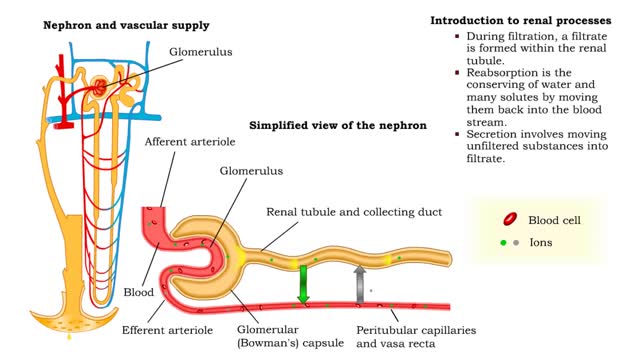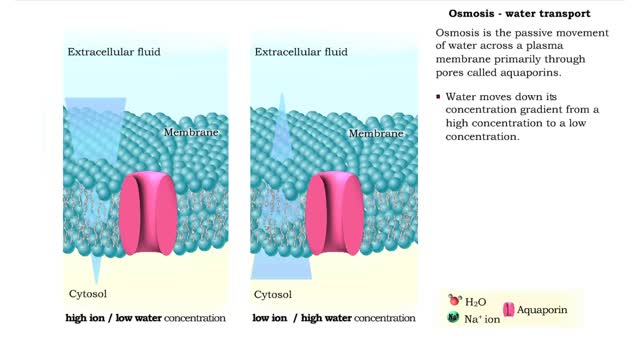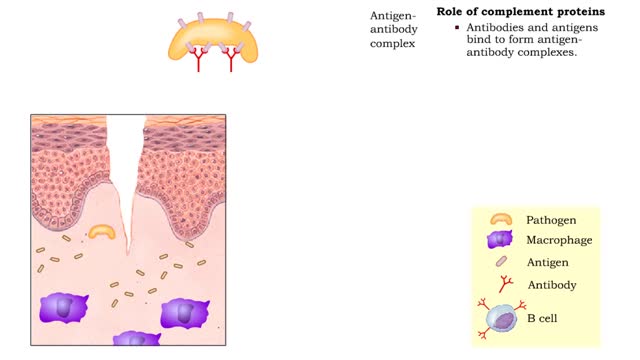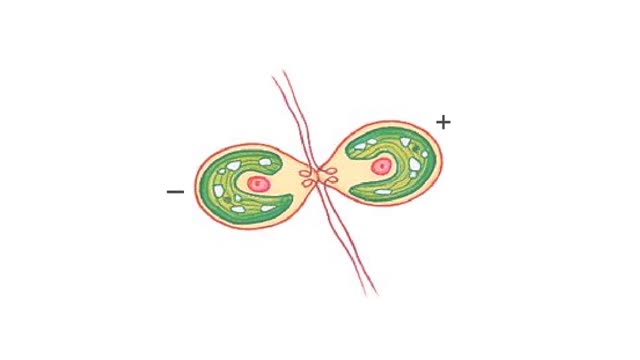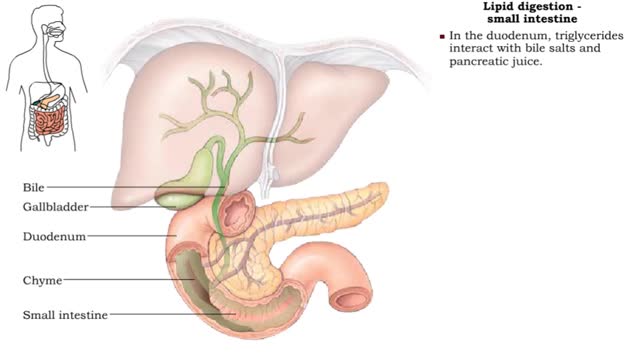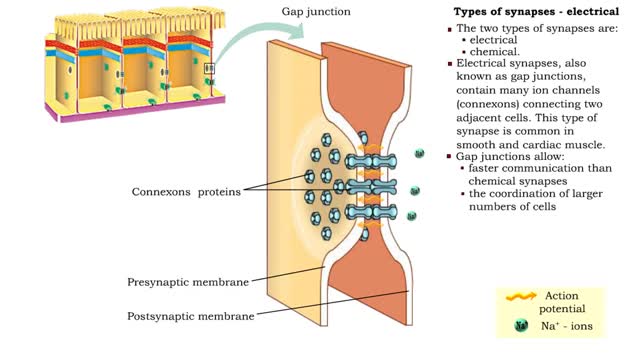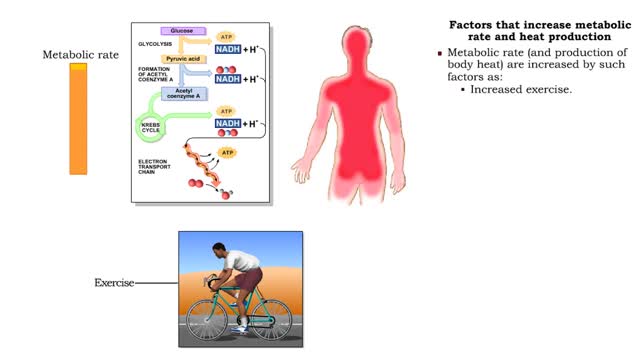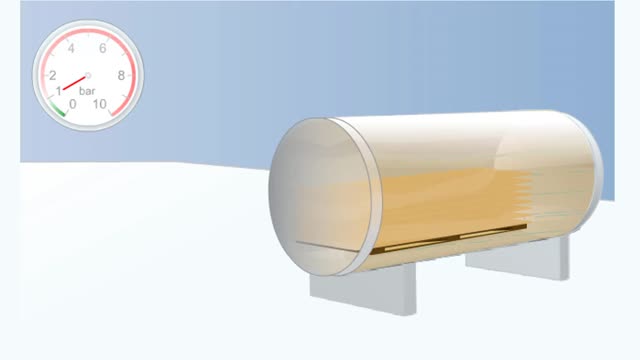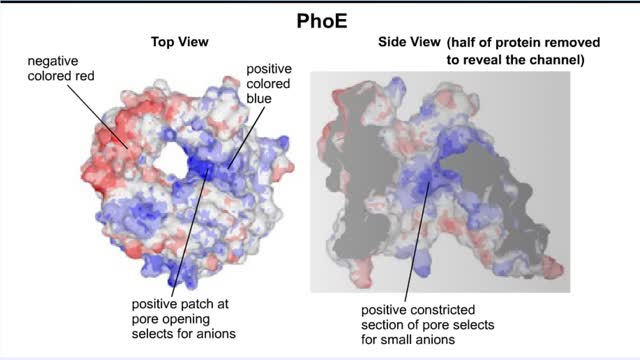Search Results
Results for: 'Homework Clinic'
Introduction to filtration - filtrate formation and composition
By: HWC, Views: 11047
• At the nephron, the three process responsible for the formation of urine include: • Glomerular filtration. • Tubular reabsorption. • Tubular secretion. • During filtration, a filtrate is formed within the renal tubule. • Reabsorption is the conserving of water and many s...
By: HWC, Views: 11040
Osmosis is the flow of water down its concentration gradient, across a semi-permeable membrane. Osmosis is an example of diffusion, which is when molecules tend to distribute themselves evenly in a space. what is a semi-permeable membrane? It is a membrane or barrier that allows some molec...
By: HWC, Views: 10672
• Non-specific and specific defense mechanisms work through the functions of complement proteins. • As soon as pathogens penetrate the physical barrier of the skin, other resistance mechanisms begin. • Cells, such as macrophages, phagocytize pathogens. • These cells increase exposu...
Green alga life cycle Animation
By: HWC, Views: 5403
Chlamydomonas zoospores are haploid flagellated cells. As long as conditions are favorable, these cells reproduce asexually. As many as sixteen cells may form by mitosis within a parent cell. Daughter cells escape when the cell wall ruptures. When conditions become less favorable, the...
Lipid digestion - mouth, stomach and small intestine
By: HWC, Views: 10981
• Lipid digestion takes place primarily in the small intestine; some occurs in the mouth and stomach. • Lipases are enzymes that break down triglycerides and phospholipids. • Lingual and gastric lipases hydrolyze a small amount of triglycerides. • End products are fatty acids and...
Types of synapses - electrical & chemical
By: HWC, Views: 10963
• Neurons communicate with one another or effector cells via synapses that allow information to be filtered and integrated. • The two types of synapses are: • electrical • chemical. • Electrical synapses, also known as gap junctions, contain many ion channels (connexons) conne...
Factors that increase metabolic rate and heat production
By: HWC, Views: 11033
• All vital biochemical reactions are temperature dependent. • The overall rate at which metabolic reactions use energy is known as the metabolic rate. • Metabolic rate greatly determines body temperatures. • Temperature is maintained by balancing the loss of heat to the environment...
Double Vacuum Process (Illustration No Audio)
By: HWC, Views: 9938
In this so-called low-pressure process, the wood is first subjected to a short and relatively weak initial vacuum, after which the treatment vessel is flooded with preservative solution and reduced to normal pressure The double vacuum container is loaded with timber. A partial vacuum is draw...
By: HWC, Views: 10026
Transmembrane channels, also called membrane channels, are pores within a lipid bilayer. The channels can be formed by protein complexes that run across the membrane or by peptides. They may cross the cell membrane, connecting the cytosol, or cytoplasm, to the extracellular matrix. Membrane po...
Advertisement



